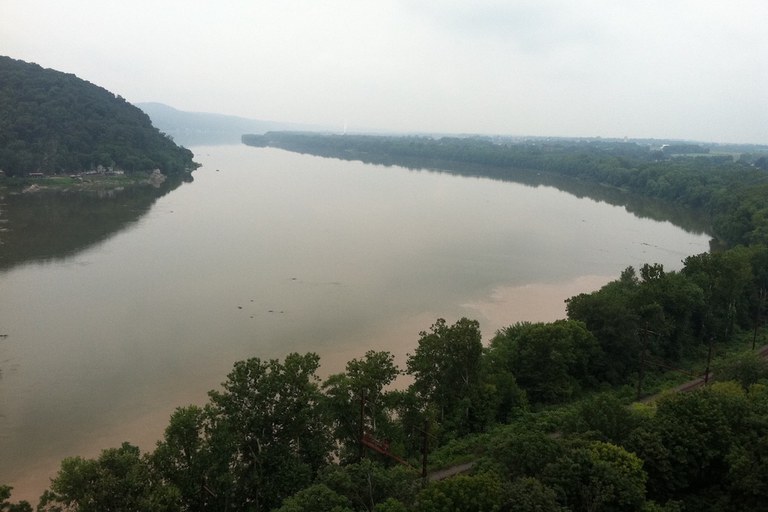The Lower Susquehanna Initiative seeks to increase and integrate Penn State’s education, research, and extension capacity with partners in southcentral Pennsylvania, with an initial focus on Dauphin, Lancaster, and Lebanon Counties.
With its combination of intensive agriculture and high level of urban/suburban growth, the Lower Susquehanna region is the "hotspot" for water quality issues. Over 40% of local streams are impaired by sediment and nutrient pollution from agriculture and stormwater runoff and the area contributes Pennsylvania's largest nutrient loads to the Chesapeake Bay.
The Initiative's signature pilot is the Conewago Creek Collaborative Conservation Initiative. Funded in large part by a National Fish and Wildlife Foundation grant to Penn State Extension, this project creates a collaborative and integrated multi-level, multi-sector partnership. The collaborative seeks to increase community engagement and adoption of practices to improve water quality in a strategically targeted agriculturally impaired watershed in south central Pennsylvania. The project serves as a "discovery watershed" providing Penn State and its partners multiple opportunities for place-based student service learning and College faculty and staff opportunities for research, extension, and outreach. It also has spawned several other capacity grants and initiatives by College faculty and external collaborators
The Lower Susquehanna Initiative is scaling up and transferring lessons learned from the Conewago Creek to critical watersheds throughout the region. We are key conveners and members of the Little Conestoga Partnership in Lancaster County, which seeks to develop and implement a multi-municipal, watershed based approach to stormwater management. We serve on the Lancaster County Clean Water Consortium steering committee, and we consistently partner with many agencies, NGOs, local governments, and private sector interests in attempting to solve the complex water quality challenges facing the Lower Susquehanna.
Contact: Matt Royer, Director


